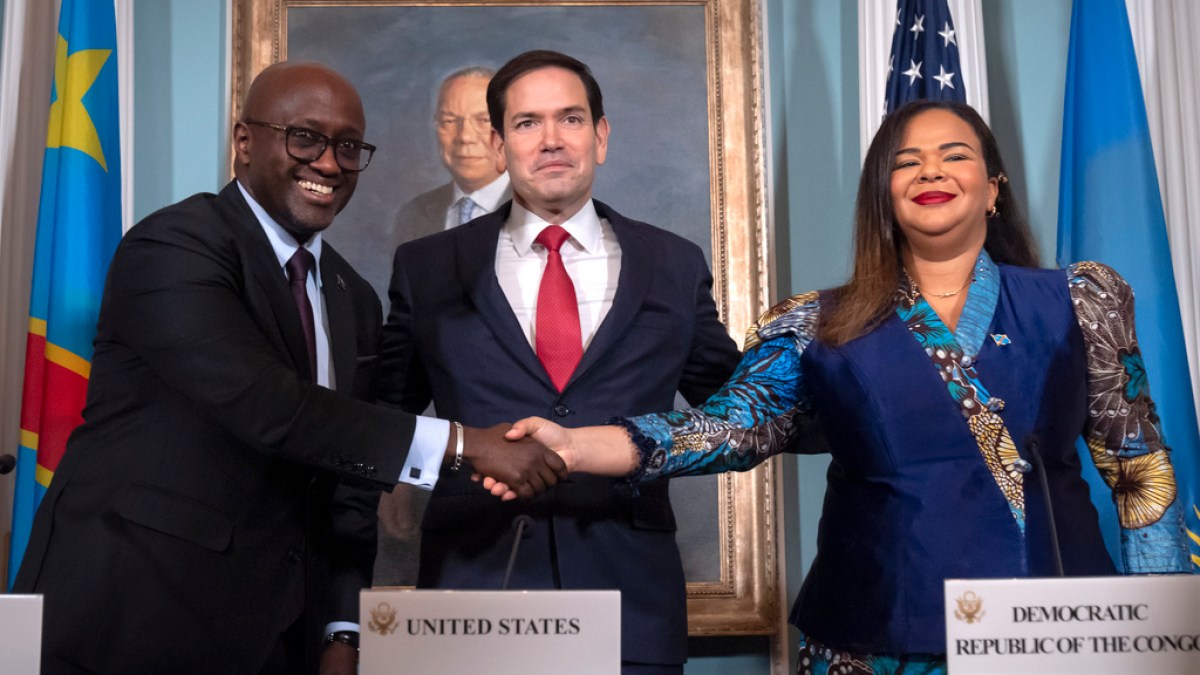According to the State Department of the United States, which brokered the deal, the tenets that were agreed on Friday summarise a regional economic integration framework that includes elements of cooperation in areas of energy, infrastructure, mineral supply chains, national parks, and public health.
According to a source with knowledge of the situation, a preliminary draft of the framework has been agreed upon and there will now be a consultation period to hear from civil society and the private sector before it is finalized, according to the Reuters news agency.
Rwanda and the DRC stated in the statement that they were in full control of how each nation accessed, processed, and exported its natural resources, and that it was crucial to expand their capacity for mineral processing and transformation, according to Reuters.
The DRC sees the plundering of its mineral wealth as a major cause of the east African nation’s conflict between its forces and Rwanda-backed M23 rebels, which has claimed the lives of countless people.
“Mineral deal first,”
A region rich in tantalum, gold, cobalt, copper, lithium, and other minerals is the target of the deal signed in Washington, DC, on June 27. It is “a mineral deal first, an opportunity for peace second,” according to Human Rights Watch, tying economic integration and territorial integrity preservation to the promise of billions of dollars in investments.
The two nations are also committed to promoting the development of a world-class industrial mining sector in the area and ensuring that the minerals trade endsows money to armed groups. According to the statement, the agreement would improve cross-border interoperability in mineral supply chains.
Additionally, they agreed to link the newly constructed infrastructure to the Lobito Corridor, which would highlight Washington’s efforts to combat China and its desire for greater access to resources there.
Despite US emphasis on crucial minerals, the statement only mentions the Ruzizi III hydropower project and Lake Kivu methane exploitation. The nations stated that they would prioritize working together to sustainably exploit methane gas and providing financing for Ruzizi.
The two nations’ first joint oversight committee meeting on Thursday marked a step in the direction of the agreement, even as other obligations are still unfulfilled.
In the Washington agreement, Rwanda and Rwanda both pledged to put a 2024 agreement into place so that troops could leave the eastern DRC in 90 days.
The Congolese military’s operations are supposed to end in the same year as Rwanda’s Democratic Forces for the Liberation of Rwanda (FDLR), an armed group that includes remnants of Rwanda’s former army and militias that carried out a 1994 genocide.
According to the agreement, Rwanda and the DRC would establish a joint security coordination system in 30 days and implement a strategy put forth last year to monitor and verify the troop withdrawal of Rwandan soldiers within three months.
However, the joint security coordination mechanism hasn’t met in 30 days since signing.
The joint security coordination mechanism meeting would take place on August 7 in Addis Ababa, according to a source with knowledge of the situation.
Source: Aljazeera

Leave a Reply